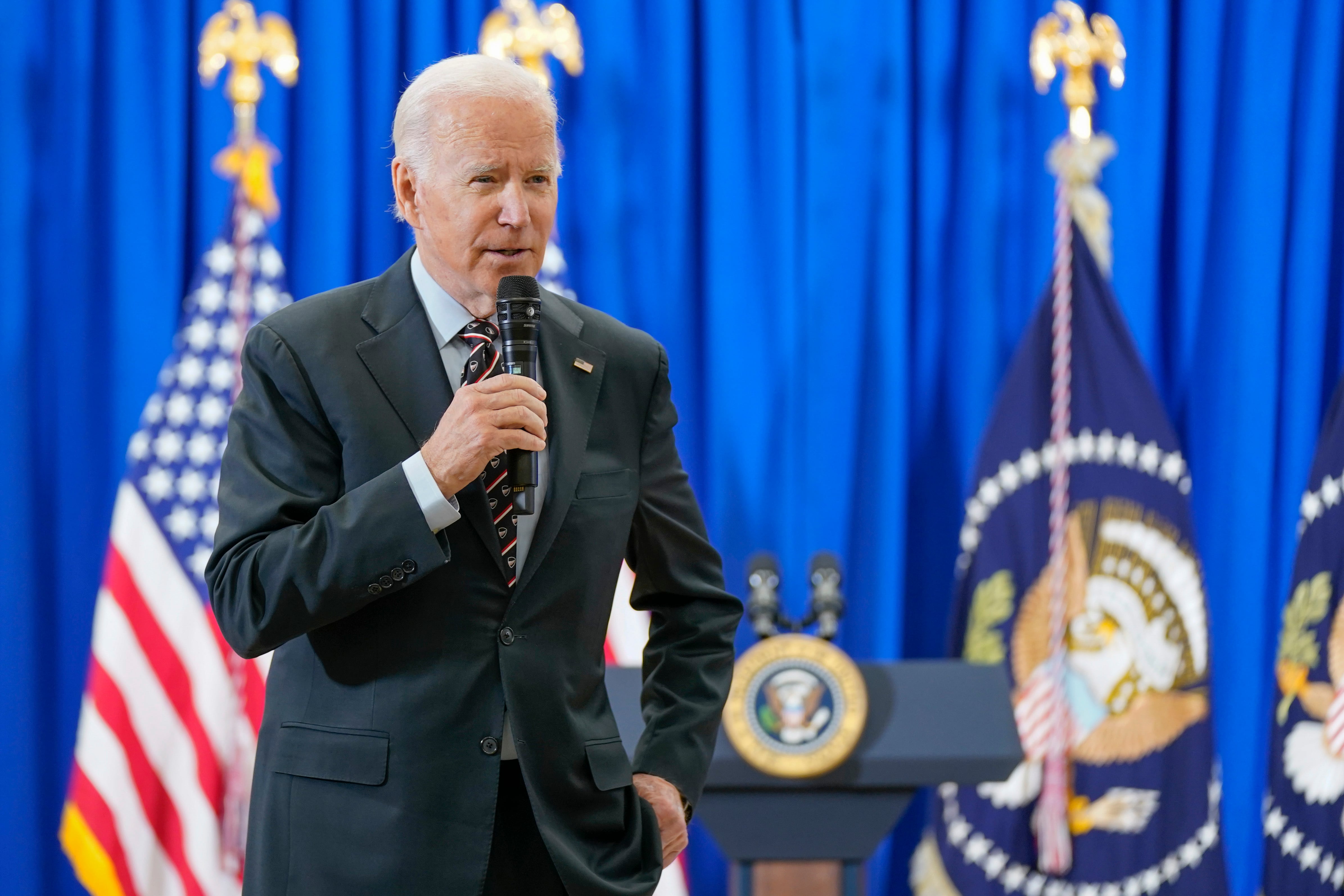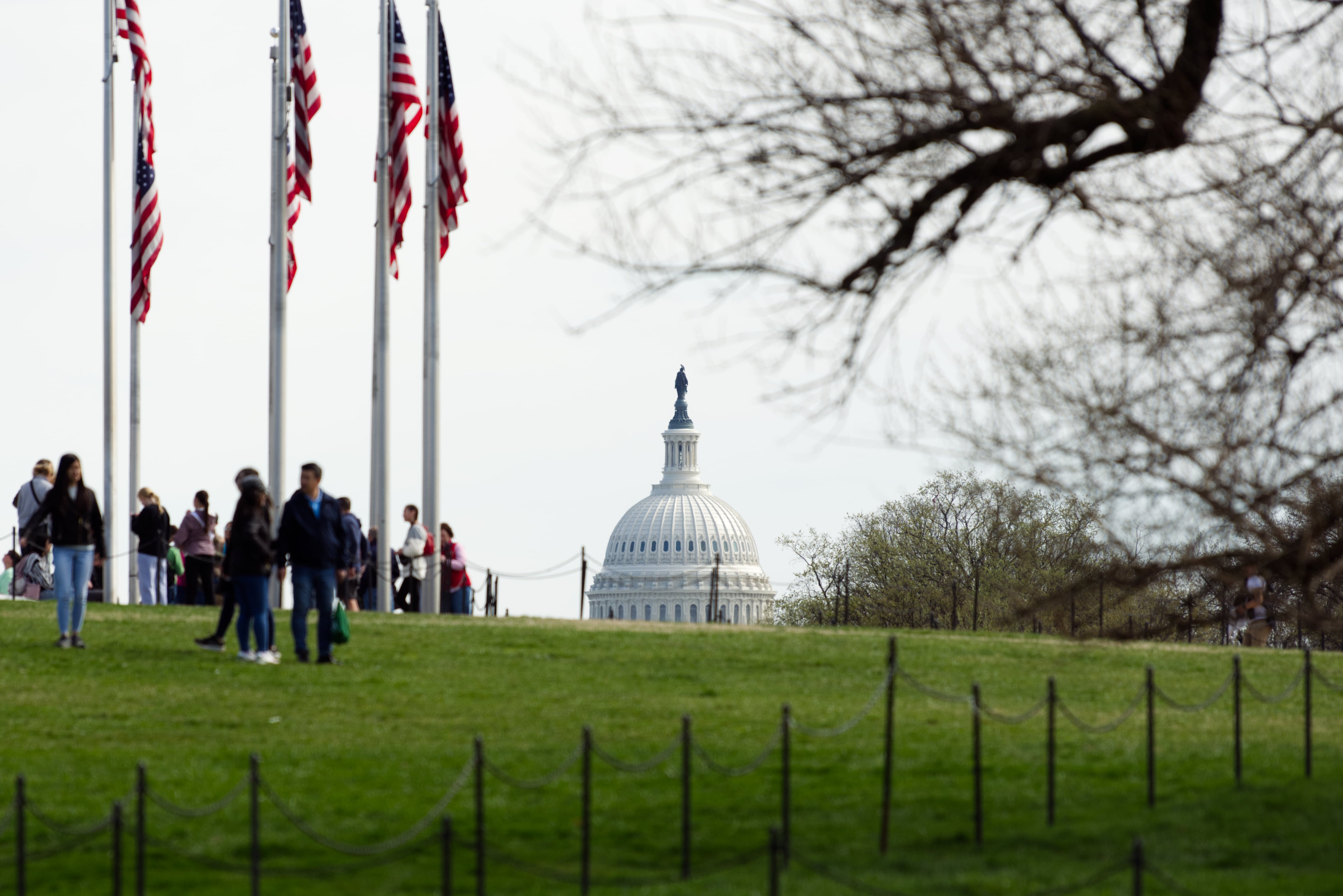The Department of Veterans Affairs budget would top $300 billion for the first time ever in fiscal 2023 under the federal government appropriations plan unveiled by congressional negotiators on Tuesday.
The $1.7 trillion omnibus appropriations bill that lawmakers hope to finalize later this week includes $303.8 billion in VA funding for fiscal 2023, the largest ever for the department. That’s up about 10% from fiscal 2022 levels.
VA medical care services would be the main beneficiary of the funding boost, seeing more than a 22% increase ($118.7 billion) from fiscal 2022 levels.
In a statement, Senate Appropriations Committee Chairman Patrick Leahy (D-Vt.), called the appropriations package a responsible plan for supporting veterans, national defense and a host of other government priorities.
RELATED

“The pain of inflation on American families is real, and it is being felt right now across the federal government,” he said. “From funding for nutrition programs and housing assistance, to home energy costs and college affordability, our bipartisan, bicameral, omnibus appropriations bill directly invests in providing relief from the burden of inflation on the American people.”
Lawmakers need to finalize the funding plan by the end of the week or risk triggering a partial government shutdown just before the Christmas holiday.
If approved, the VA appropriations would continue a string of significant yearly increases for the department’s spending.
In 2001, the entire VA budget — including both discretionary program spending and mandatory benefits payouts — amounted to about $45 billion. By 2013, the budget totaled $139 billion, still less than half of this year’s request.
For fiscal 2023, the discretionary program portion of VA’s budget alone totals $135.2 billion.
It includes $2.7 billion for homeless prevention programs (up 25% from last year), $1.9 billion for caregiver programs (up $35%), $13.9 billion for mental health care (up 6%), and $916 million for medical and prosthetics research (up 4%).
The bill also includes $5 billion for the Cost of War Toxic Exposures Fund, which provides additional money for implementation of the Promise to Address Comprehensive Toxics Act, better known as the PACT Act.
The total cost of the package is slightly higher than the White House’s budget request for VA filed last spring. Appropriations officials said that high inflation costs and technical changes accounted for the extra funding.
Lawmakers included $1.8 billion for the department’s rollout of its new electronic medical records system, but with caveats that some of the money may be withheld if VA officials do not provide evidence to Congress that the program is proceeding as planned.
RELATED

“While [Congress] remains supportive of the need to modernize VA’s electronic health record system, there continue to be wide-ranging and alarming implementation issues with the new system, including serious usability problems that have led to or contributed to instances of patient harm and reduced employee productivity,” they wrote in language accompanying the budget bill.
“[Lawmakers] are hopeful that the department will resolve outstanding issues expeditiously and in a manner that will allow them to resume rollout of the new system safely and efficiently in summer 2023, as planned.”
The measure also officially ends all funding for the controversial Asset and Infrastructure Review Commission, originally designed to provide recommendations on VA facility closures and expansions. Nominees for the commission failed to gain support from key senators earlier this year, effectively dooming the effort.
The Senate is expected to vote on the omnibus funding deal by the end of the week, and the House will likely follow shortly thereafter.
Leo covers Congress, Veterans Affairs and the White House for Military Times. He has covered Washington, D.C. since 2004, focusing on military personnel and veterans policies. His work has earned numerous honors, including a 2009 Polk award, a 2010 National Headliner Award, the IAVA Leadership in Journalism award and the VFW News Media award.





